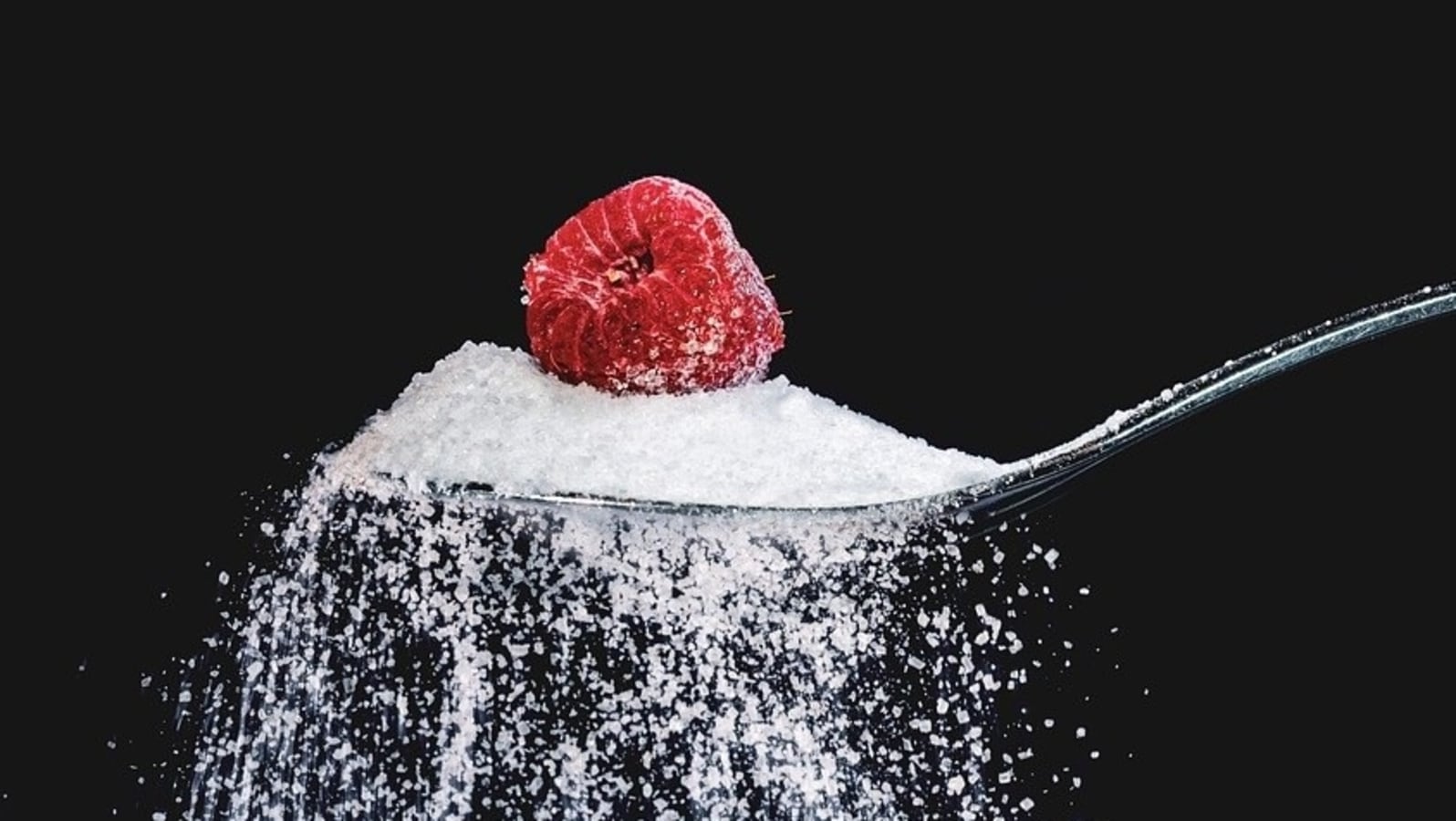Skipping desserts and sugar in your tea may not necessarily means your sugar consumption is in control. If you are having bread, protein bars, breakfast cereals, ketchup, flavoured yoghurts or store-bought salad dressings on a regular basis, you may be consuming a lot of added sugar which can in turn play havoc with your health. While natural sources of sugar like fruits in moderation are safe, it is the added sugar in packaged products that is the real threat to our health and puts us at increased risk of obesity, type 2 diabetes, heart disease, tooth decay, liver disease and even cancer. According to World Health Organization, adults and children should reduce their daily intake of added sugars to less than 10% of their total energy intake. (Also read: Diabetes: Effective bedtime rituals that can help manage blood sugar)
Nutritionist Bhakti Kapoor in her recent Instagram post opened up on how this excess sugar can have a damaging effect on many of our crucial organs including heart, liver and brain.
Sources of hidden sugar
The majority of the sugar we consume is obtained from processed foods instead of natural sources such as fruits.
“The primary sources of added sugar include sugary beverages, candy, baked products, and sweetened dairy. Even savoury items, such as breads, tomato sauce, and protein bars, can include sugar, making it all too easy to overindulge in the sweet stuff,” says Kapoor.
Kapoor says added sugars can be difficult to identify on nutrition labels since they might be labelled as corn syrup, agave nectar, palm sugar, cane juice, or sucrose. However, all of these is sugar and thus can harm our body in a variety of ways.
Bhakti Kapoor also explains how sugar may harm your health from head to toe.
Your brain on sugar
Sugar is highly addictive. Blood sugar issues can lead to brain fog, anxiety, headaches, low energy levels, dizziness, irritability, cravings and more. Over the long term, it can contribute to the development of cognitive decline, memory loss and even Alzheimer’s.
Your eyes on sugar
High blood sugar negatively affects every single blood vessel in our bodies. Think about what happens to bread in the toaster…that’s what’s happening to our vessels with high blood sugar. The eyes has tonnes of small blood vessels. High blood sugar can lead to problems like blurry vision, cataracts, glaucoma, and retinopathy. Diabetes is the primary cause of blindness in adults.
Your skin on sugar
Sugar increases insulin which increases inflammation, making conditions like acne, rosacea, psoriasis and eczema worse. It accelerates ageing and causes wrinkles by breaking down collagen. It also worsens allergic skin reactions.
Your teeth on sugar
Sugar consumption leads to tooth decay and gum disease. Poor oral health can lead to disease as we swallow the pathogens and they enter our bodies. These bad bacteria can contribute to leaky gut, heart disease and poor health.
Your heart on sugar
Too much sugar hardens arteries and damages heart tissues. Sugar depletes minerals like magensium that are essential to cardiovascular health (arrhythmias often result). Insulin resistance leads to hypertension and heart disease. The leading cause of death in adults with diabetes is heart attacks and strokes.
Your gut on sugar
Sugar feeds pathogenic (bad) bacteria causing an overgrowth of bad bacteria, inflammatory bacteria and yeast. This imbalance of good and bad bacteria leads to decreased immunity, systemic inflammation and reduced nutrient absorption. It also leads to increased sugar cravings, which perpetuates the cycle
Your liver on sugar
The liver converts surplus sugar into fat. Overloading the liver with sugar (especially fructose) is similar to overloading it with alcohol. Fructose is found in table sugar, high fructose corn syrup and agave. High sugar intake driver fatty liver disease and triggers weight loss resistance.


